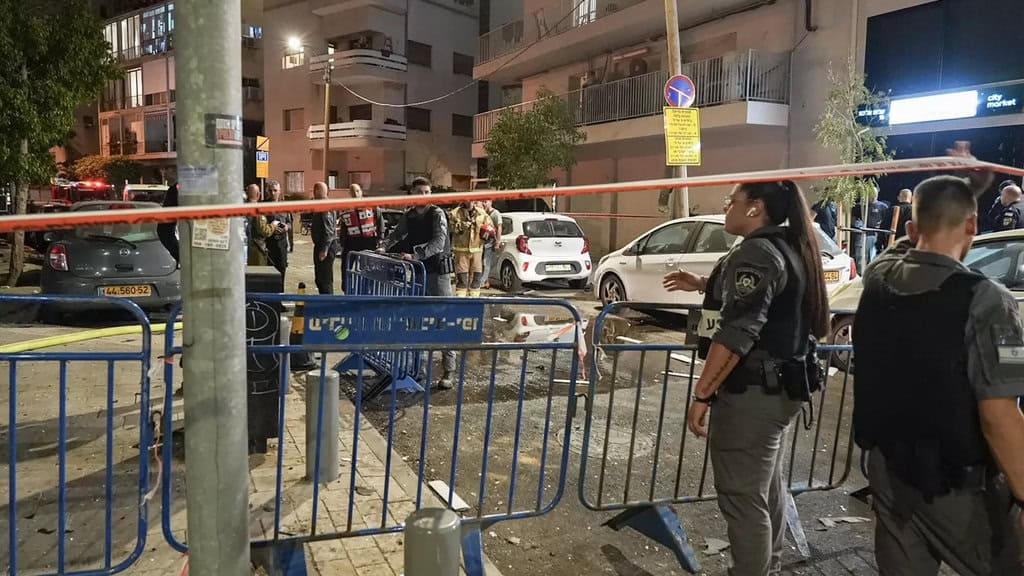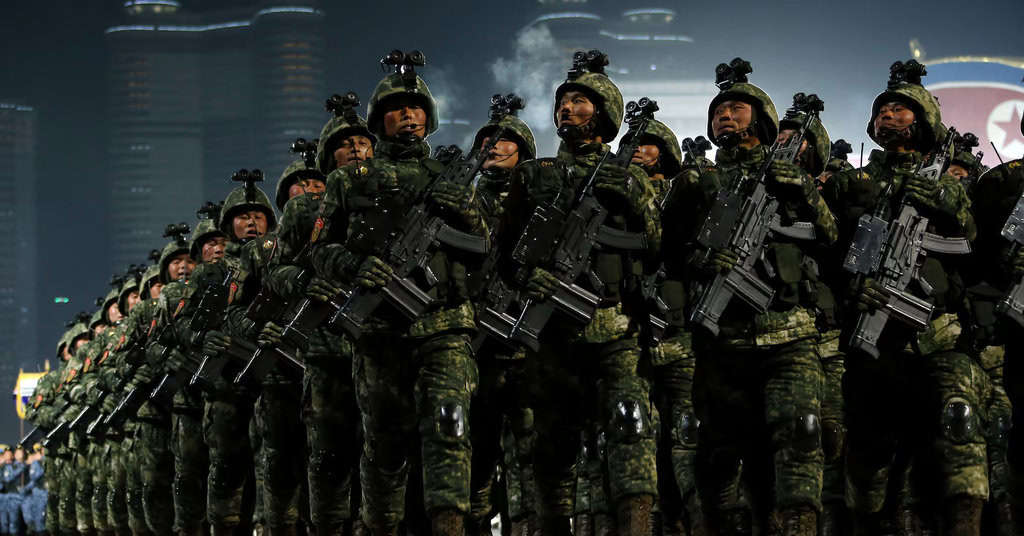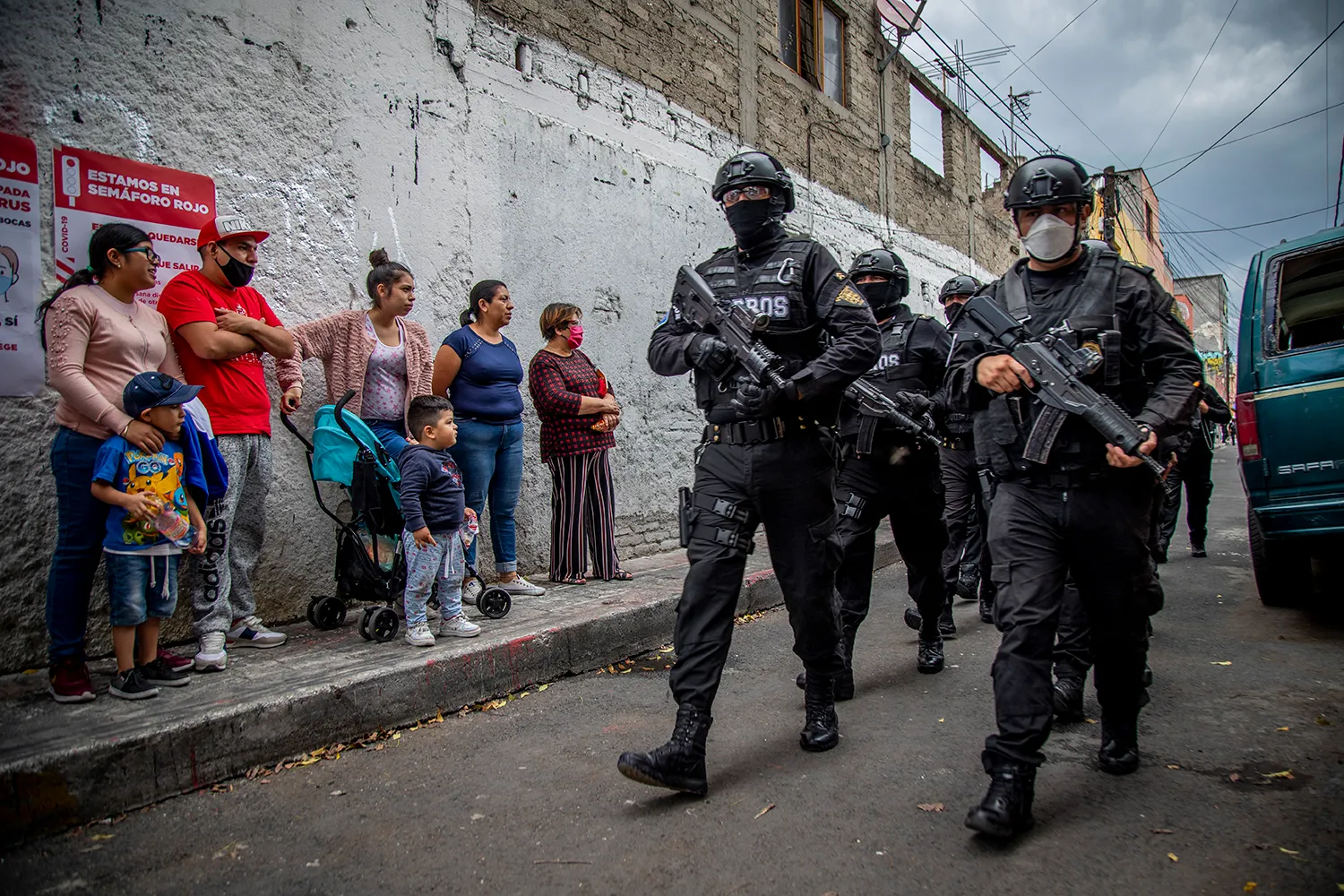Israel Investigates Fatal Drone Blast Amid Security Concerns
On Friday, a drone explosion in Tel Aviv resulted in the death of one man and injuries to at least ten others, prompting Israeli authorities to scrutinize potential security failures. This unprecedented attack in Israel’s commercial hub was claimed by Yemen’s Houthi rebels, who cited it as retaliation for Israel’s military actions in Gaza. Houthi spokesperson Yahya Sare’e boasted about the capabilities of their new drone, which allegedly evaded Israel’s interception systems.
Houthi Retaliation and New Drone Capabilities
Sare’e emphasized that their assaults would persist until Israel ceases its operations in Gaza and lifts the blockade on the Palestinian territory. This drone strike marks the first instance of a Houthi-claimed drone hitting Tel Aviv, signaling a significant escalation in the conflict.
IDF Response and Security Enhancements
In a press briefing, IDF spokesperson Daniel Hagari identified the drone as an Iranian-made Samad-3, launched from Yemen and modified for extended range. Concurrently, a second drone was intercepted outside Israeli airspace. Israel is now bolstering its air defenses and increasing aerial patrols along its borders.
An Israeli military official attributed the failure to intercept the drone to “human error,” explaining that while the drone was detected, the system’s manual mode required operator intervention to launch a countermeasure. Notably, no warning sirens were activated during the incident, highlighting a critical lapse in the defense protocol.
International Reaction and Diplomatic Concerns
The explosion occurred near several diplomatic missions, including a U.S. Embassy branch office, which remained unharmed. U.S. Ambassador to Israel Jack Lew expressed shock and extended condolences to the victims’ families. The U.S. State Department confirmed the safety of its personnel and pledged cooperation with Israeli authorities in the investigation.
Political Fallout and Public Outcry
The attack sparked fierce criticism from Israeli political figures. National Security Minister Itamar Ben Gvir and opposition leader Yair Lapid condemned the government’s failure to ensure public safety, underscoring the need for effective security strategies. Ben Gvir’s remarks also reflected ongoing political tensions, following his bid to join Israel’s war cabinet after Benny Gantz’s departure.
Broader Implications and Future Threats
The Houthis’ ongoing campaign against Israel, particularly through drone and missile strikes, has intensified since the Gaza conflict’s escalation. Their actions, coupled with attacks on U.S. targets and commercial vessels in the Red Sea, have exacerbated fears of a wider regional conflict with severe humanitarian and economic repercussions.
Houthi spokesperson Sare’e detailed the new “Yafa” drone, claiming its stealth capabilities and ability to bypass interception systems. Defense analyst Fabian Hinz cautioned against fully trusting Houthi statements but acknowledged the drone’s potential to extend strike range and evade defenses.
Expert Analysis and Strategic Considerations
Ahmed Nagi of the International Crisis Group noted that the Houthis are likely to leverage the attack to bolster support within and beyond Yemen. This sentiment is expected to amplify during the group’s weekly pro-Gaza rallies, strengthening their political narrative.
The recent Tel Aviv attack, alongside previous claims of targeting Israeli ports, underscores the evolving threat landscape. The IDF’s acknowledgment of these developments points to a need for continued vigilance and strategic adjustments in Israel’s defense posture.





